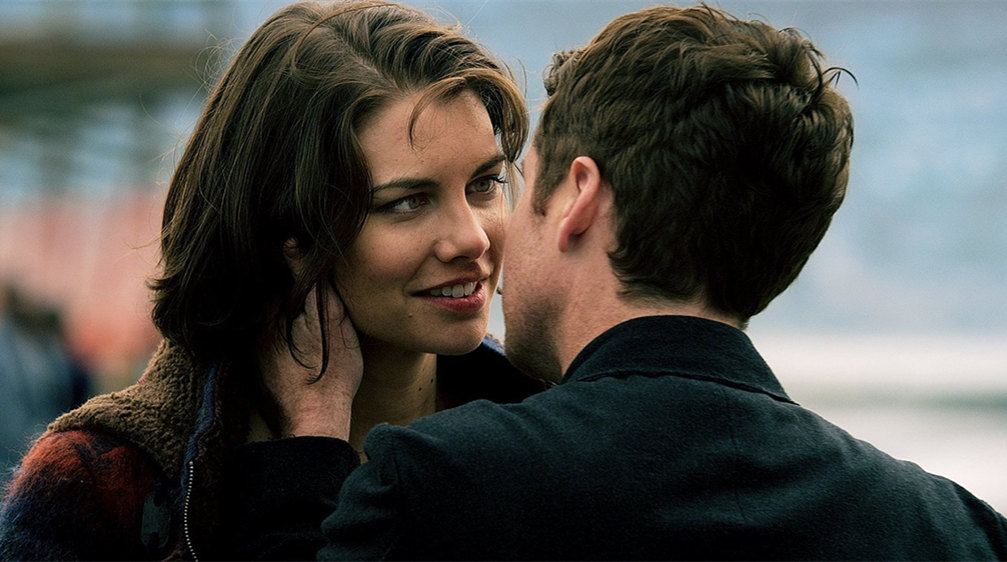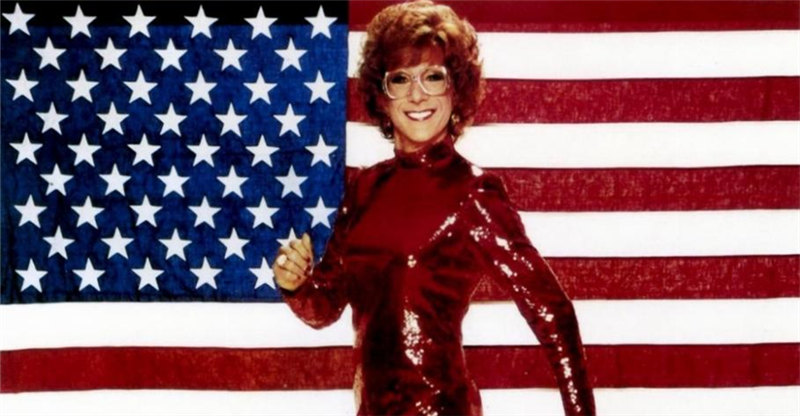Time constraints prevent from taking an in-depth look at this hefty new set from the Criterion Collection, but even the basic details should pique the interest of most film buffs.
The early days of Britain’s involvement in WW2 not only transformed life on the home front, they also reshaped the nation’s film industry. In hindsight, one of the most significant events was the unlikely partnership between two working-class men who would rise to dominate both stage and screen in the UK. Playwright-actors-songwriter-pretty much everything else Noel Coward was already at the height of his popularity in the legitimate theatre, but as the war broke out, he turned his talents to cinema (not a previous favorite of his) to expand his propaganda duties for the Ministry of Information. The film neophyte was partnered with the most respected editor in the business, a handsome young dynamo named David Lean. And much history was made.
Their collaboration produced four popular films which would, in large or even larger part, capture the attention of British wartime audiences until the end of hostilities. “In Which We Serve” (1942) was co-directed by Coward and Lean (with Lean taking over the technical details, and Coward working mostly with actors) from a screenplay by Coward which was based on anecdotes related to him by his friend Lord Louis Mountbatten. Just for fun, Coward also composed the music and starred as the captain of a ship that is capsized in battle. The survivors cling to a raft and their stories are told in flashbacks. It was a critical and popular hit, a splendid example of British wartime propaganda, and made it clear that Coward had found yet another medium to conquer.
After the success of “In Which We Serve,” David Lean, now beginning to believe he might actually have a new career as a director, formed the production company Cineguild along with producer Anthony Havelock-Allen and cinematographer-producer-and-eventual-director Ronald Neame. Cineguild would oversee the remaining Coward-Lean collaborations as well as some of Lean’s subsequent hits such as “Great Expectations.”
Next up is the least known of the films in the set (also one I haven’t had the time to see), “This Happy Breed” (1944), adapted by the Cineguild trio from Coward’s play. The Technicolor film starred Robert Newton and Celia Johnson as the heads of a working-class family negotiating life on the home front from the end of WW1 to the beginning of WW2. It was another popular hit, but was received somewhat less enthusiastically (though still generally well) by critics.
The Coward-Lean-Cineguild confluence then produced two of the best-known British films of all-time, the supernatural farce “Blithe Spirit” (1945) and the romance “Brief Encounter” (1945). In “Blithe Spirit,” Rex Harrision has to deal with two wives, one living (Constance Cummings) and one dead (Kay Hammond). The latter hasn’t allowed death to prevent her from tormenting her poor husband upon her return as a scathingly critical ghost. The film was another massive hit (both on stage and on screen), but I have to admit I find the humor far too one-note for my taste.
I have no such reservations about “Brief Encounter,” one of Lean’s finest films, also adapted by the Cineguild team from a Coward play. Celia Johnson plays a buttoned-down British housewife who, by happenstance, meets a handsome and also very-married doctor played by Trevor Howard. Sparks fly and they plan to meet again (and again) whenever they can, always fearful they will be spotted by vigilant friends and neighbors. Their affair is doomed from the start, of course, and they must sacrifice their love for the sake of propriety, but that makes it all the more intense, and it’s easy to understand why “Brief Encounter” was yet another popular score for the team.
“Brief Encounter” represented the end of the partnership as Lean took a chance to strike out on his own. If Coward would never again match his war-time peak, Lean’s star burned brighter and brighter as he moved away from stage adaptations to some of the most lavish and brilliant movie epics ever made. The collaboration had paid dividends for both men, and, as proven by this boxed set, for generations of movie watchers.
Video:
All of the films are presented in 1.37: 1 aspect ratios. They are also all high-def digital restorations of the BFI National Archive’s 2008 restorations of the films. According to the Criterion booklet: “From 2006 to 2008, the BFI National Archive carried out an ambitious one-million-pound program to restore the first ten features directed by David Lean, in time for the centenary of his birth.”
The restorations were obviously extensive and top-notch because these 1080p transfers look remarkable, especially considering the films are close to 70 years old. “In Which We Serve” and “Brief Encounter” are both in B&W and feature rich blacks and sharp contrast throughout. “This Happy Breed” and “Blithe Spirit” are both Technicolor and, of the two, “This Happy Breed” has the most pleasing color scheme: not naturalistic, of course, but “naturalistically” Technicolor. In “Blithe Spirit” the pinks and greens look just a tad bit garish at times, at least relative to the colors in “Breed.” Perhaps this was how the film was supposed to look. In any case, it’s a minor quibble.
Audio:
All four films are presented with LPCM 1.0 tracks, and the mono sound is uniformly crisp and apparently flawless. I don’t have much more to say on that front beyond “No complaints whatsoever.” Optional English subtitles support the English audio.
Extras:
Each of the four films is stored in its own keep case with cover art. The four discs are housed in a cardboard slipcover which also has art. The booklet is tucked into the case for “In Which We Serve” and they all fit snugly together in the case which will look lovely on your bookshelf.
Each disc comes with its own extras. Noel Coward scholar Barry Day, author of “Coward on Film: The Cinema of Noel Coward,” provides interviews on each of the discs, ranging from 11 min. to 16 min. apiece.
“In Which We Serve” also arrives with a 2000 documentary (24 min.) titled “A Profile of ‘In Which We Serve’” which features interviews with Ronald Neame, actor John Mills and others. We also get an audio recording (65 min.) of Noel Coward and Richard Attenborough from an appearance at the London National Film Theater on Dec 14, 1969. A Trailer rounds out the extras.
“This Happy Breed” features both the Original Trailer and a Re-Release Trailer as well as a marvelous 44-minute interview with Ronald Neame. This was recorded by Criterion in 2010 when Neame was 99 years old and just months before he died, but the man was sharp as a tack and could easily pass for 20 years younger. His recollections are invaluable – sometimes it’s easy to skip over lengthy interviews but this one is not to be missed.
“Blithe Spirit” has a Trailer and a 1992 episode of “The Southbank Show” (51 min.) The program was hosted by Melvin Bragg and examines the life and career of Noel Coward with archival footage and interviews with actors John Gielgud, John Mills and many others.
“Brief Encounter” was previously released by Criterion on SD in 2000. A 1995 audio commentary by film historian Bruce Eder is imported from the previous release. New additions include a Barry Day interview, “A Profile of ‘Brief Encounter’” (2000, 24 min.) and “David Lean: A Self-Portrait” (58 min.), a 1971 documentary by Thomas Craven which provides a dashing and romantic portrayal of Lean which may not be deeply incisive, but is still a lot of fun. The BD also includes a Trailer.
The chunky 44-page insert booklet includes an introductory essay by Ian Christie, and separate essays on each of the films by Terrence Rafferty (“In Which We Serve”), Farran Smith Nehme (“This Happy Breed”), Geoffrey O’Brien (“Blithe Spirit”), and Kevin Brownlow (“Brief Encounter.”)
Set Value:
David Lean directs Noel Coward. Two of Britain’s greatest talents in a partnership that produced some of the nation’s most remarkable and enduring wartime films. What more do you need to know? All of the transfers are sourced from wonderful BFI National Acrhive restorations, and the extras are copious.


